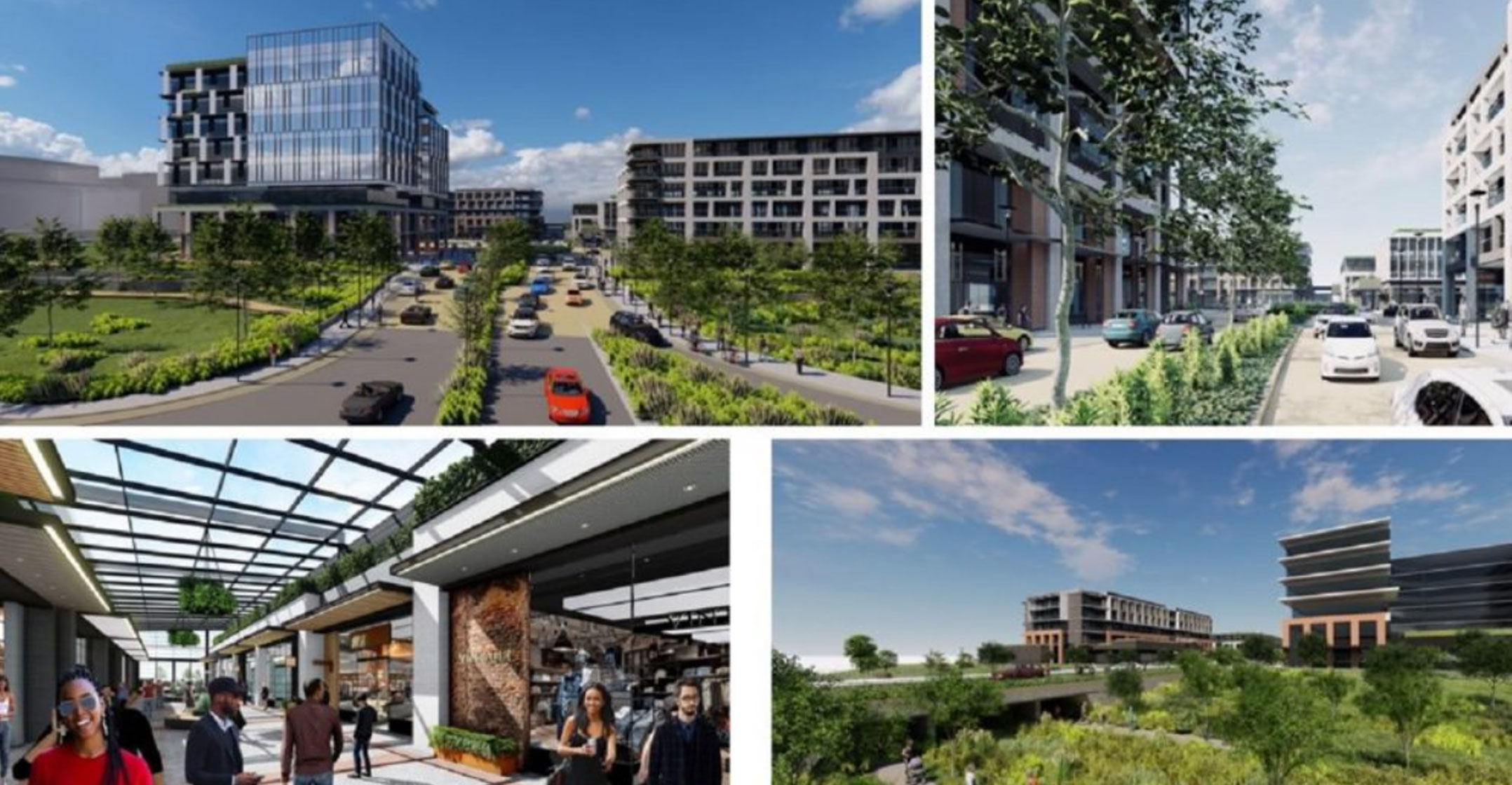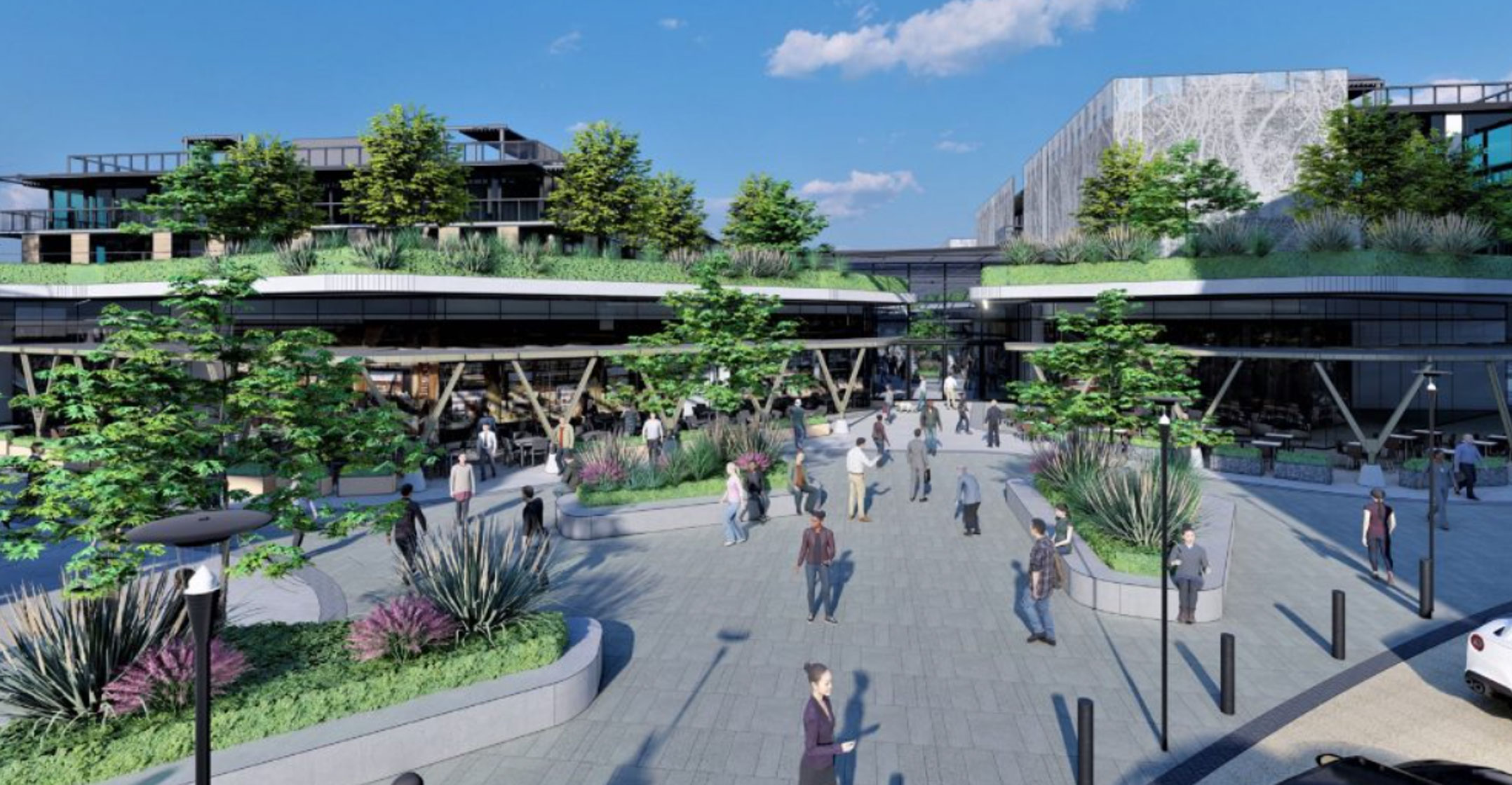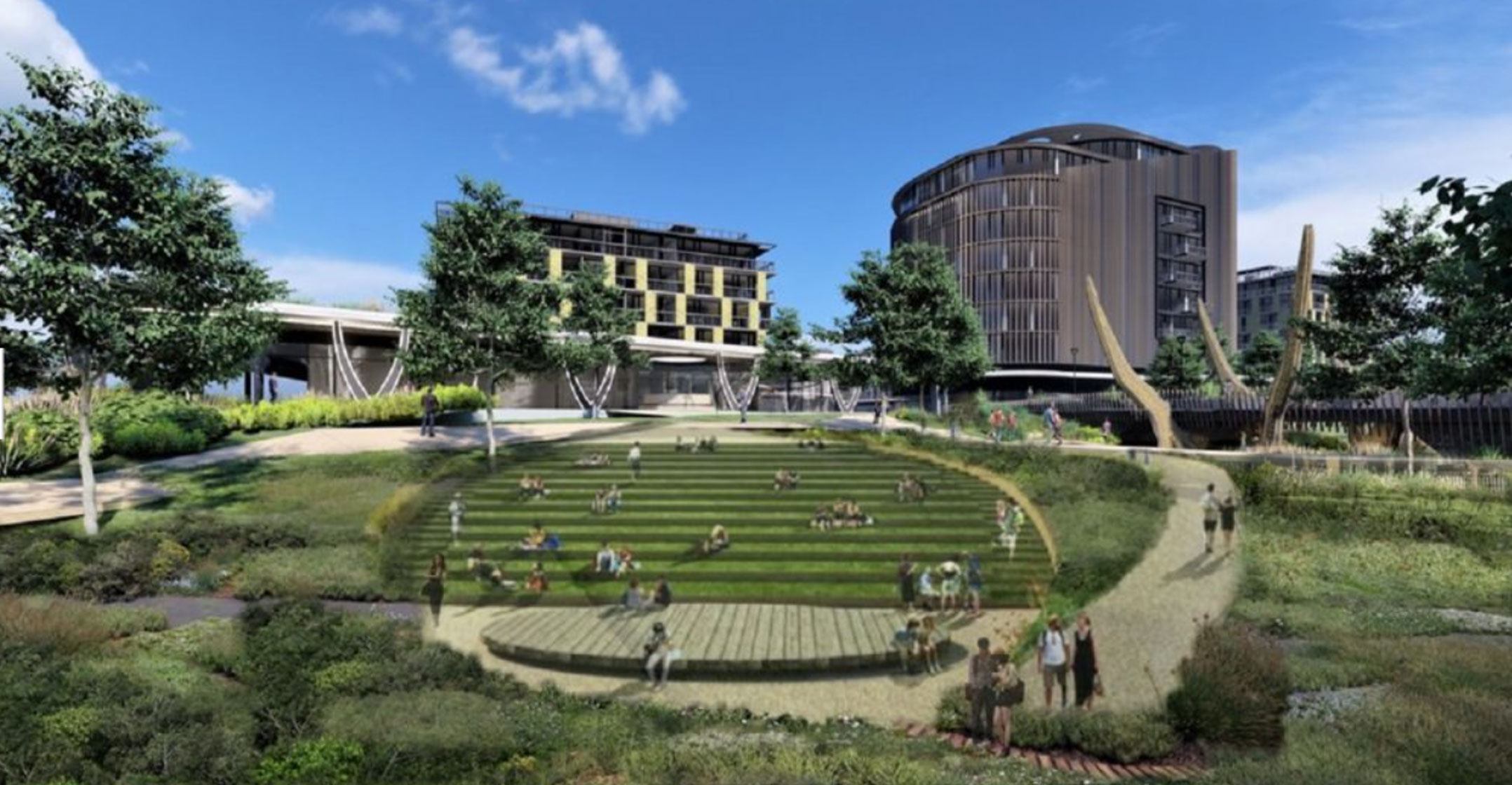
The City of Cape Town has given the green light to privately held Liesbeek Leisure Properties Trust to develop a new, R4-billion, 150 000m² mixed-use development in Observatory that will be anchored by US conglomerate Amazon.com.
Announcing the decision in a statement issued late on Monday, the city confirmed that the online retail giant will be the anchor tenant within the planned River Club development. Amazon is expected to take up around 70 000m² of space for its new African headquarters.
The group already has a strong presence in Cape Town, with smaller offices at the nearby Black River Office Park and data centres in the city, which are largely located in properties owned by JSE-listed Redefine.
Amazon’s current occupied space is mainly for its Amazon Web Services business, based in the Mother City.
While Amazon itself has been keeping mum about its expansion in South Africa beyond the AWS business, the group’s plan to take up almost half of the space at River Club raises questions about whether it will launch an online retail business locally to take on the likes of Naspers-owned Takealot.com.
“Amazon will be the anchor tenant, opening a base of operations on the African continent,” City of Cape Town said in its statement. However, it gave little further detail on Amazon’s planned operations.
Stiff opposition
The city’s approval of River Club – a planned precinct that will include office, retail and residential components – follows stiff opposition to the development from some sectors including certain members of the Observatory community and the Khoi and San people (referred to collectively as the “First Nations”).
“The planned mixed-use development will be a significant boost to the economy and the people of Cape Town in the aftermath of the national Covid-19 lockdown,” says mayor Dan Plato.
“The city has carefully and thoroughly considered all of the submissions and concerns during the appeal process. We are acutely aware of the need to balance investment and job creation, along with heritage and planning considerations,” he notes.

“It is clear that this development offers many economic, social and environmental benefits for the area. We are committed to driving investment to revitalise the economy, which is slowly recovering following the impact of Covid-19,” he adds.
Cape Town businessman and property developer Jody Aufrichtig is one of the entrepreneurs backing the River Club development.
Aufrichtig, who is a trustee and spokesperson for Liesbeek Leisure Properties Trust, is yet to respond to a request for comment on getting the go-ahead for the development. However, he has defended the development in the media, saying it has taken the local community and First Nations into account as part of the planning process.
According to the River Club development’s website, around 20% of the 150 000m² of floor area proposed in the project will be allocated to residential use, with 20% of this residential component being allocated for inclusionary housing.
“This imminent development strikes a balance, with a combination of well-located residential and commercial opportunities, the rehabilitation of the degraded riverine corridor, improved links with surrounding ecological resources such as the Raapenberg Wetland, and the establishment of a high-quality green space that will be accessible to the public,” City of Cape Town notes in its statement.
Mix
“The proposed development will meet the requirements of inclusivity and integration. It combines various land uses and a mix of income groups by offering market-driven and affordable housing opportunities – the latter of which will be physically integrated with the other residential units in the apartment complexes,” it adds.
Besides the residential, office and retail offerings, the River Club development will also include leisure and other amenities such as a hotel, gym, restaurants, a school, and conferencing and event spaces.
According to City of Cape Town, while the development has been approved as a concept, conditions have been attached requiring further stages of approval. This means the developer must submit detailed plans on a range of development aspects.
 “The development is envisaged to take place in phases, with construction set to take place over three to five years. The development of Precinct 1 includes mixed-use and a floor space of approximately 60 000m². Precinct 2 will house the Amazon headquarters, which is 70 000m² of floor space.”
“The development is envisaged to take place in phases, with construction set to take place over three to five years. The development of Precinct 1 includes mixed-use and a floor space of approximately 60 000m². Precinct 2 will house the Amazon headquarters, which is 70 000m² of floor space.”
The city says the project is expected to create more than 5 200 jobs in the first phase of construction. Some 19 000 “indirect and induced jobs” are anticipated to be created through the overall development.
- This article was originally published on Moneyweb and is used here with permission




